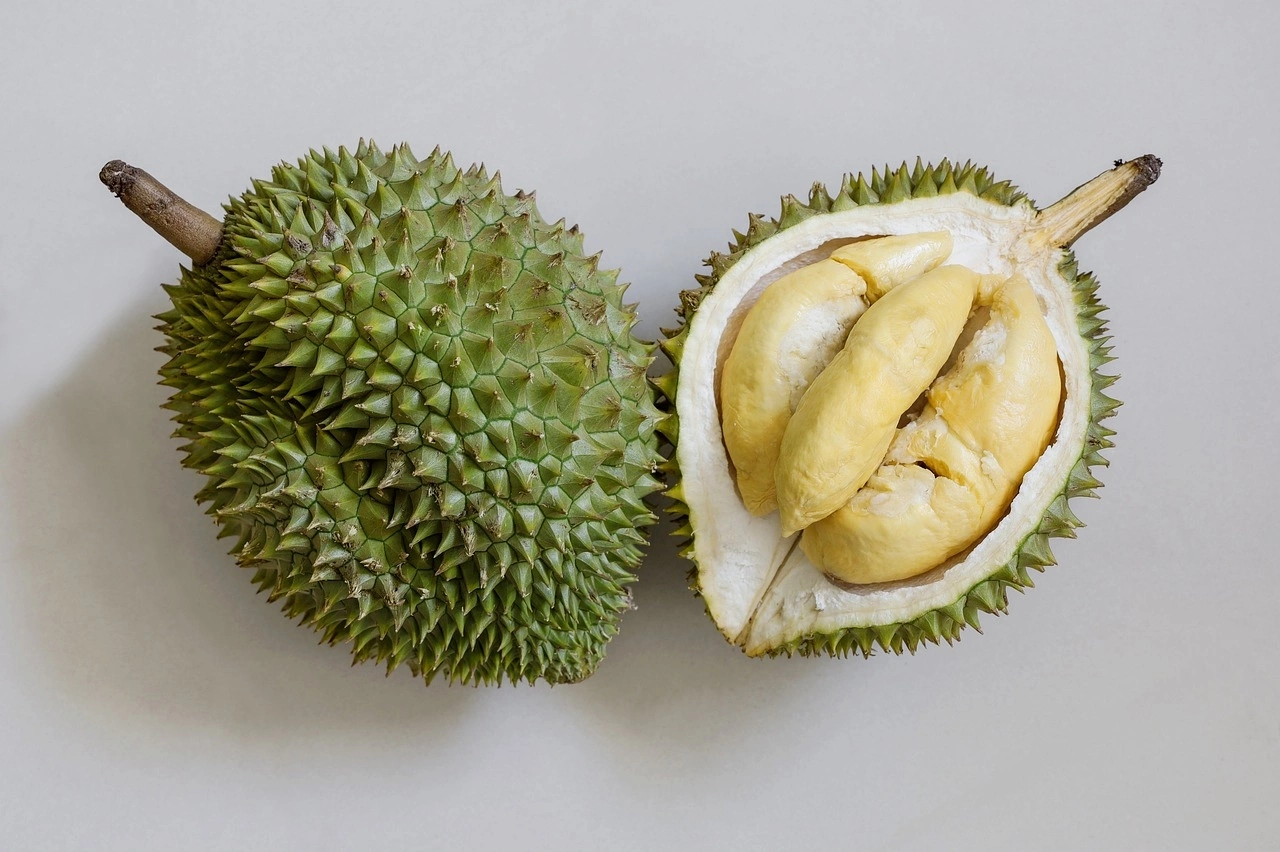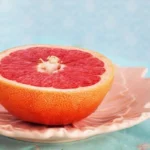Durian, often called the “king of fruits,” is celebrated for its unique flavor and aroma. Beyond its distinctive taste, it also boasts a rich nutritional profile. However, when it comes to liver health, the relationship is nuanced.
While durian contains beneficial compounds that may offer protective properties for the liver, excessive consumption can place a significant strain on this vital organ. This is particularly true for individuals who already have pre-existing liver conditions, such as fatty liver disease. Understanding both the positive and negative aspects of durian consumption is key to enjoying this fruit responsibly.
Durian’s Nutritional Profile
To understand its effects, let’s look at what durian provides nutritionally. According to the U.S. Department of Agriculture, a 100-gram serving of durian offers:
Calories: 147 calories
Total Fat: 5 grams
Sodium: 2 mg
Potassium: 436 mg
Carbohydrates: 27 grams
Protein: 1.5 grams
Beyond these macronutrients, durian also supplies a wide array of essential vitamins and minerals. These include vitamin C, vitamin B6, iron, and magnesium. This diverse nutritional content means durian can influence liver function in both beneficial and potentially harmful ways, depending on the quantity consumed.
Positive Effects of Durian on Liver Health
Despite its high calorie and fat content, durian does offer several compounds that can be beneficial for the liver.
Antioxidants and Liver Protection
Research published in the European Journal of Integrative Medicine highlights that durian, especially when ripe, contains bioactive compounds like quercetin. Quercetin is a powerful antioxidant that has shown promising liver-protective qualities. Studies indicate it may help improve liver structure. It can also promote the regeneration of liver cells, which is crucial for recovery from damage.
Furthermore, quercetin may prevent or potentially reverse liver fibrosis, a condition characterized by the excessive accumulation of collagen in the liver, leading to scarring.
Detoxification Support
The natural antioxidants present in durian play a vital role in shielding the liver from damage caused by free radicals. Free radicals are unstable molecules that can harm cells and contribute to various diseases. Beyond fighting oxidative stress, durian is also known to help restore glutathione levels. Glutathione is a master antioxidant naturally produced by the body.
It is essential for various detoxification processes in the liver, helping to neutralize toxins and enhance the liver’s overall cleansing function.
Negative Effects: When Durian Becomes a Burden
While durian’s benefits are clear, its potential downsides emerge when consumed in excess. The fruit’s composition, particularly its high calorie, sugar, and saturated fat content, can negatively impact liver health, especially for vulnerable individuals.
Risk for Fatty Liver Disease
The American Liver Foundation strongly advises individuals with fatty liver disease to avoid foods rich in sugar, fat, and calories. Excessive intake of such nutrients can exacerbate existing liver conditions. A study by the World Health Organization (WHO) has also linked high saturated fat intake to an increased risk of insulin resistance and the development or worsening of fatty liver disease.
For those already suffering from fatty liver disease, consuming large amounts of durian may overwhelm the liver’s ability to process fats efficiently. This can lead to increased inflammation and further fat accumulation within the liver cells.
The Dangerous Combination: Durian and Alcohol
Combining durian with alcohol is particularly concerning and can pose serious risks to the liver. According to Raffles Health, durian contains specific sulfur compounds. These compounds have been shown to slow down the metabolism of alcohol in the liver. This means alcohol remains in the system for longer, prolonging its toxic effects.
Additionally, when durian and alcohol are consumed together, the liver is forced to process both the large amounts of sugars and fats from the durian simultaneously with the alcohol. This creates an enormous metabolic burden and puts extra strain on the organ. Consuming large quantities of both can lead to significant discomfort, including symptoms like nausea, vomiting, and severe liver strain.
Responsible Consumption: How Much is Too Much?
To enjoy the potential health benefits of durian without overburdening the liver, moderation is key. Principal Dietitian Bibi Chia at Raffles Diabetes & Endocrine Center recommends a specific limit for individuals. She advises limiting durian intake to two to three pulps per day. This amount allows individuals to benefit from the fruit’s antioxidants and other nutrients without introducing excessive calories, sugars, and fats that could potentially strain the liver, especially for those with pre-existing conditions.
Always consult a healthcare professional or dietitian for personalized dietary advice, especially if you have liver concerns.








